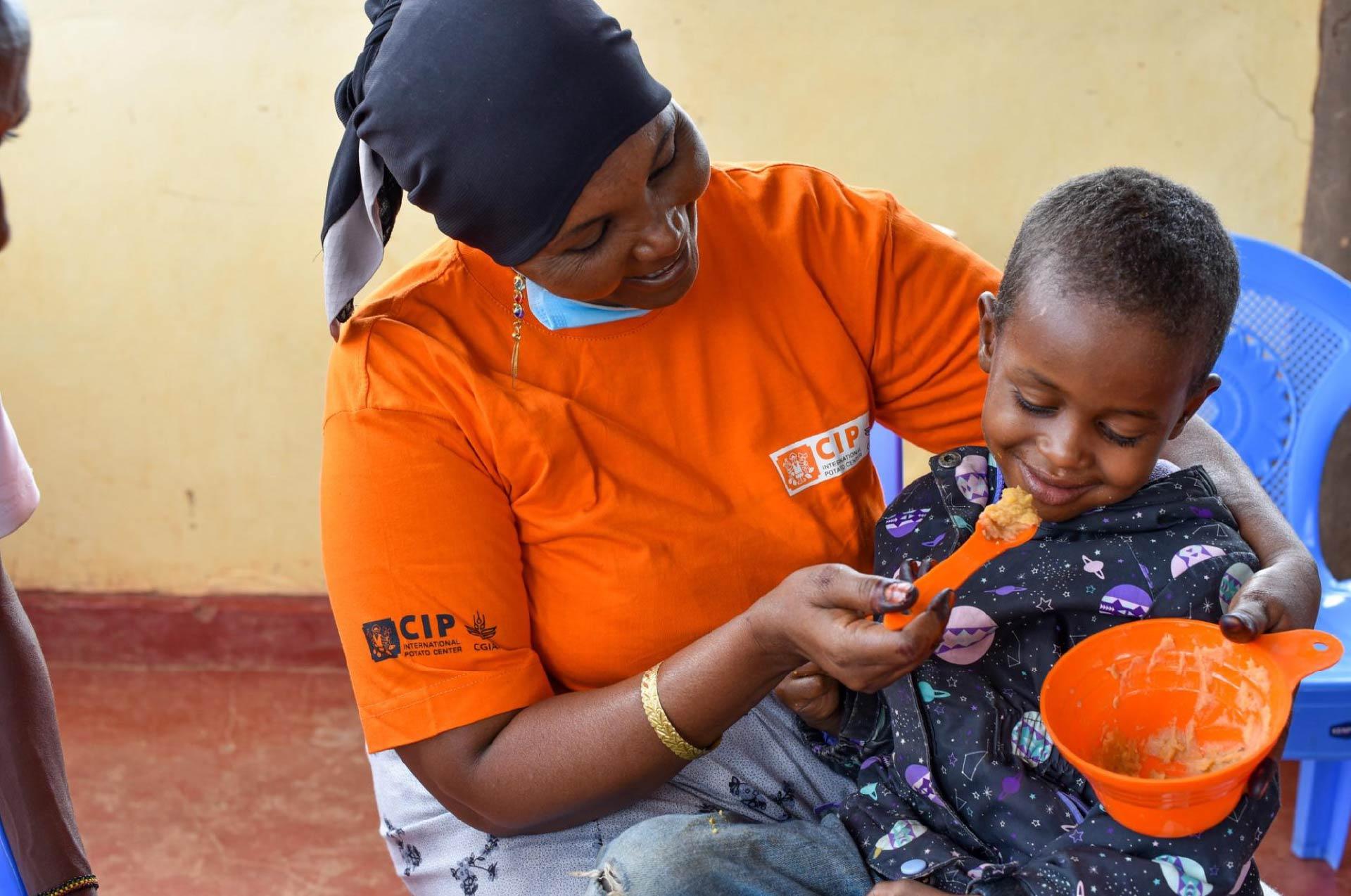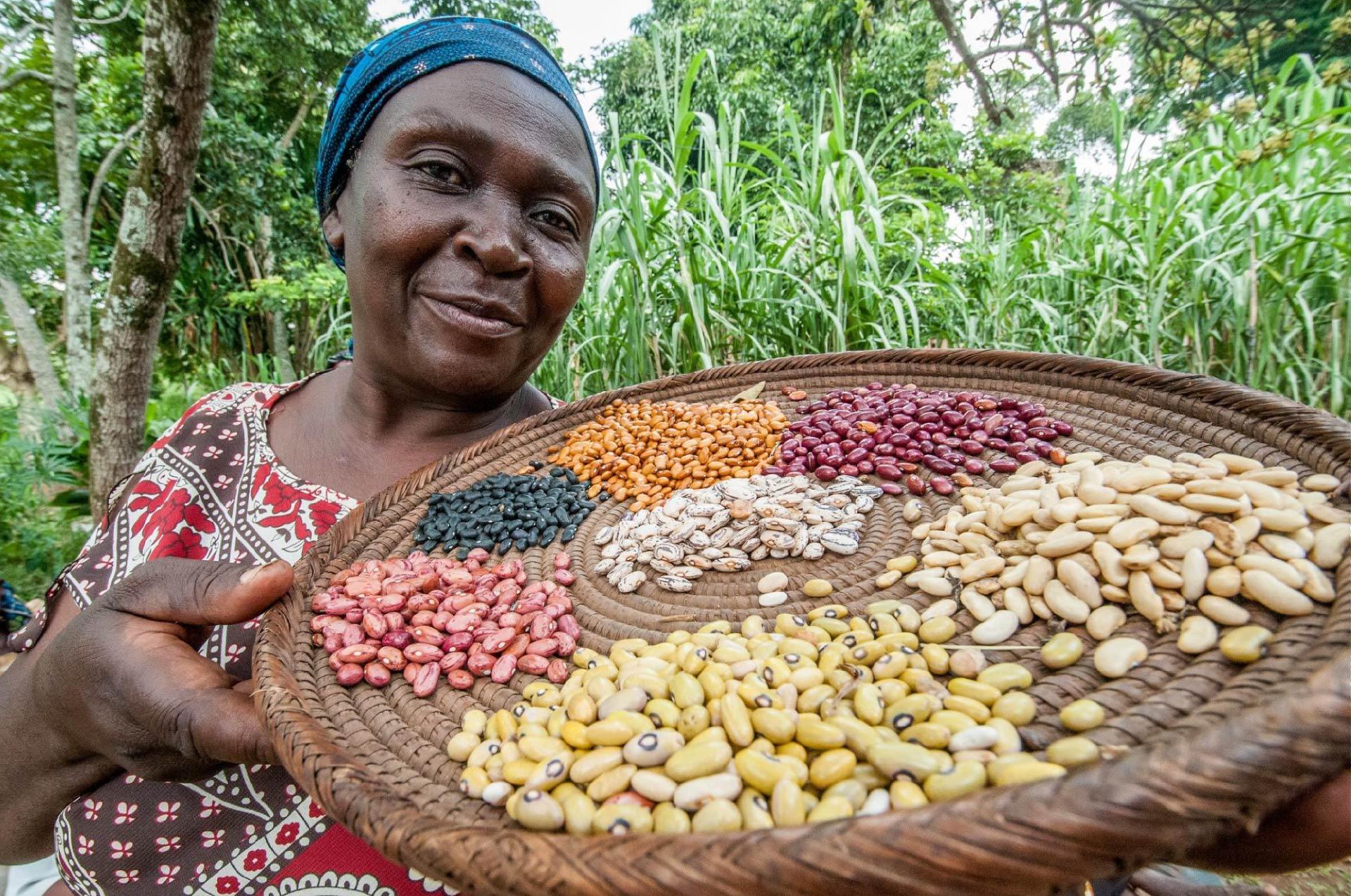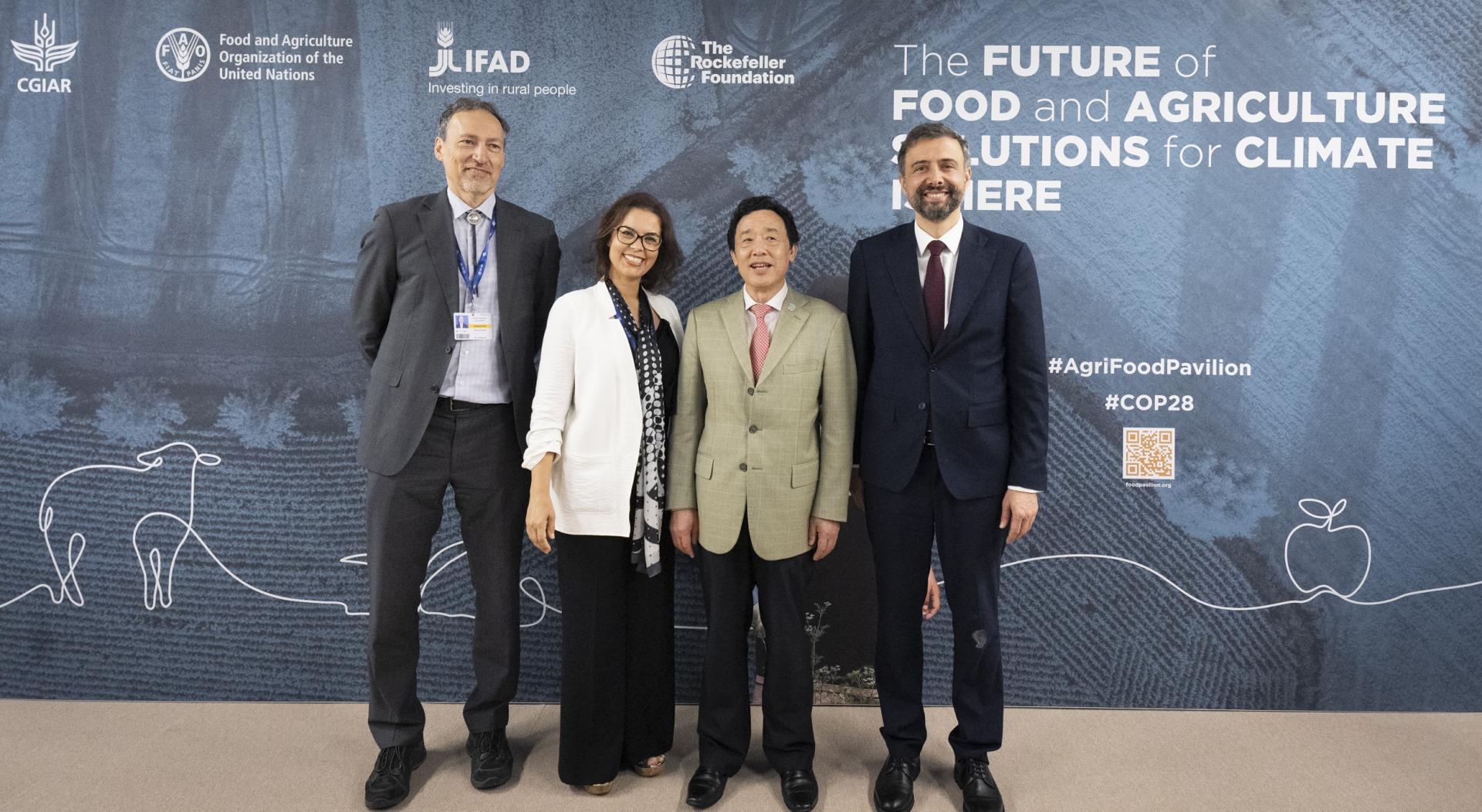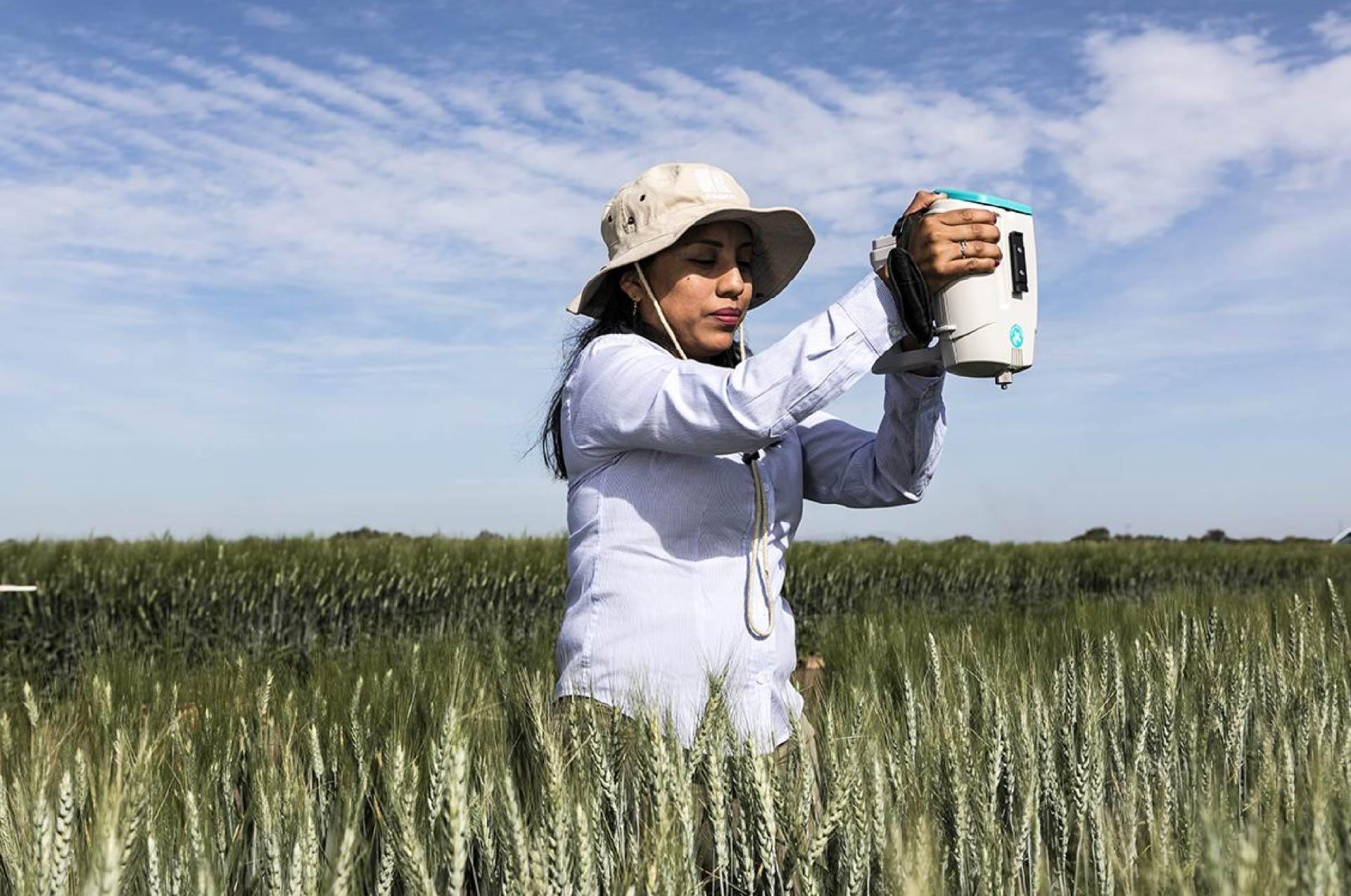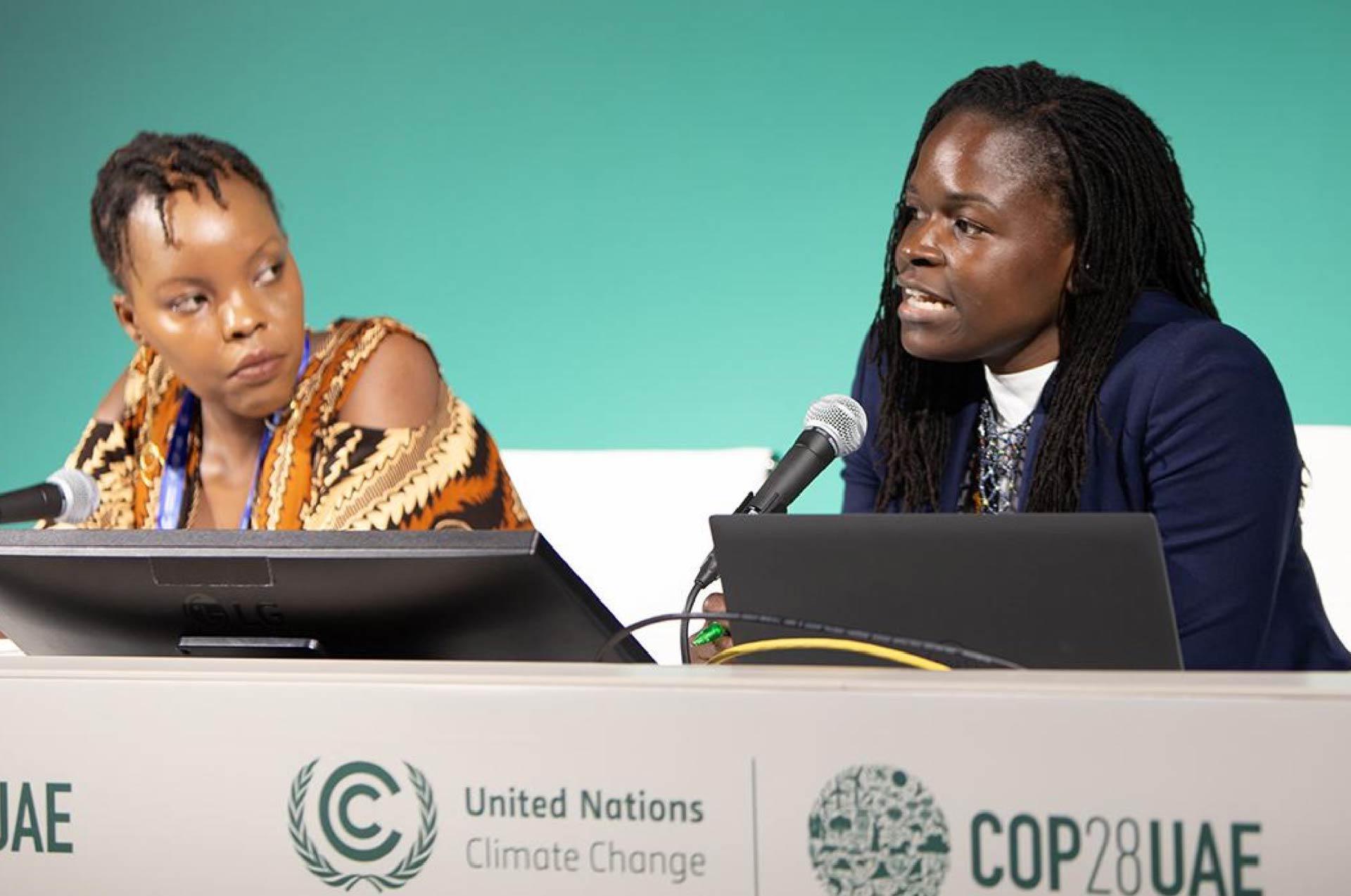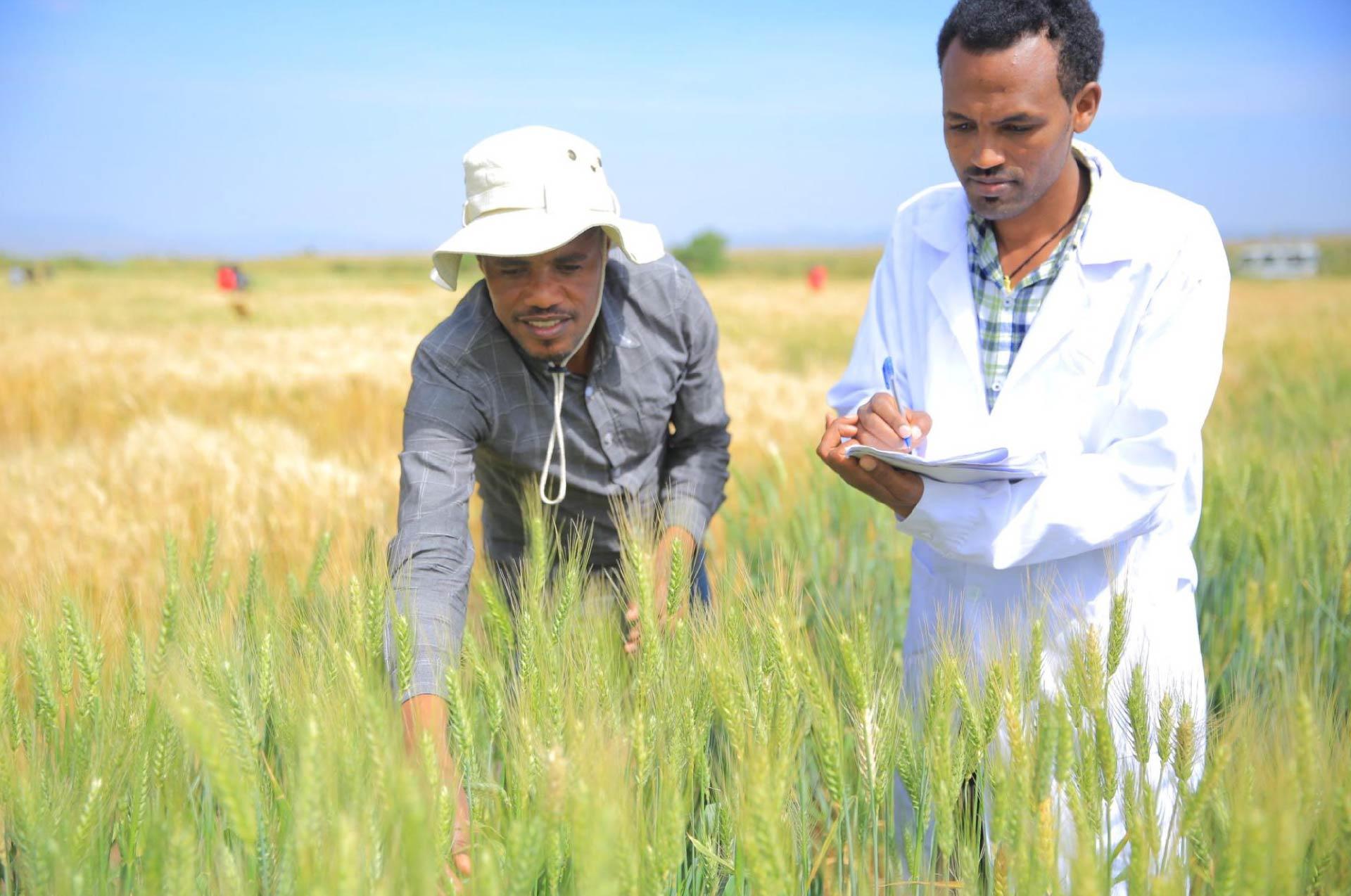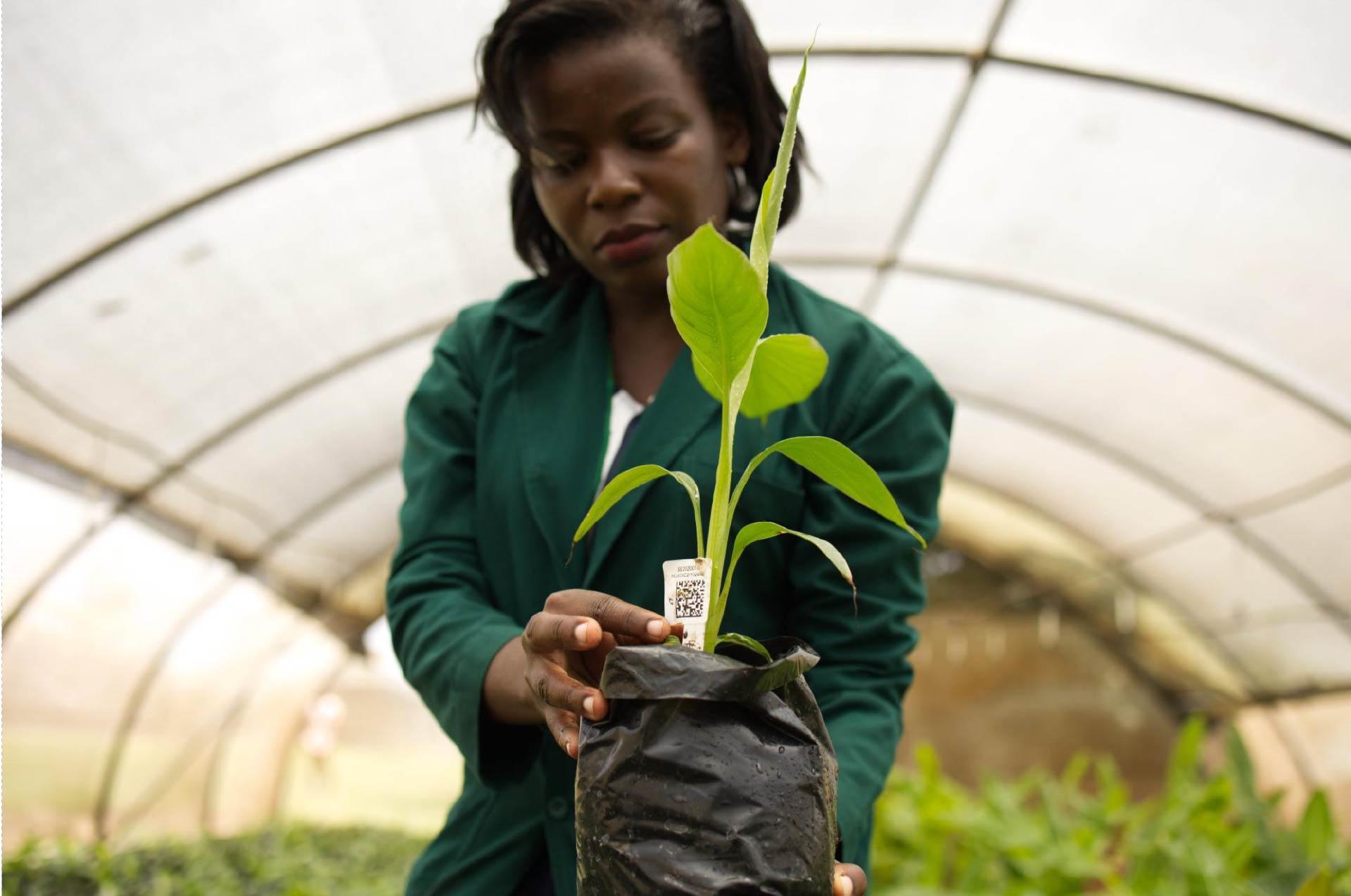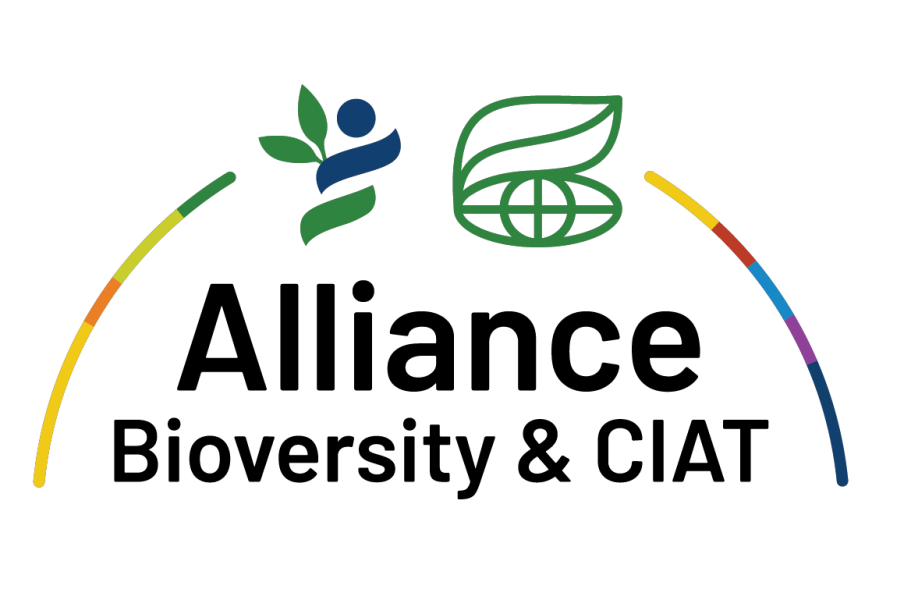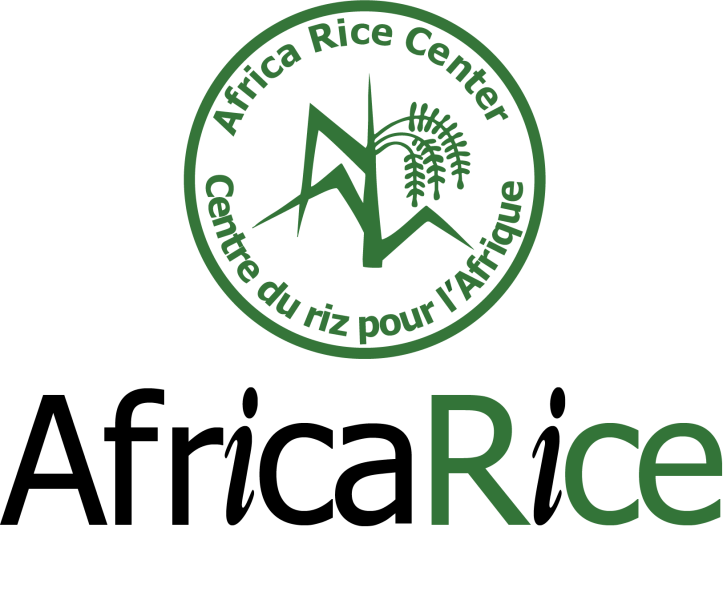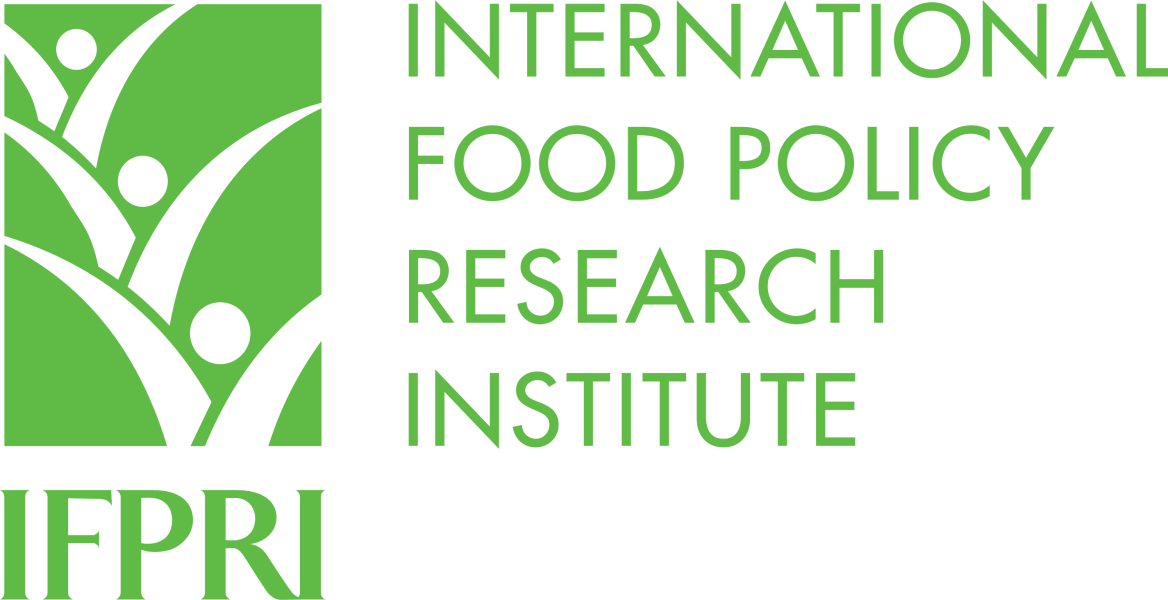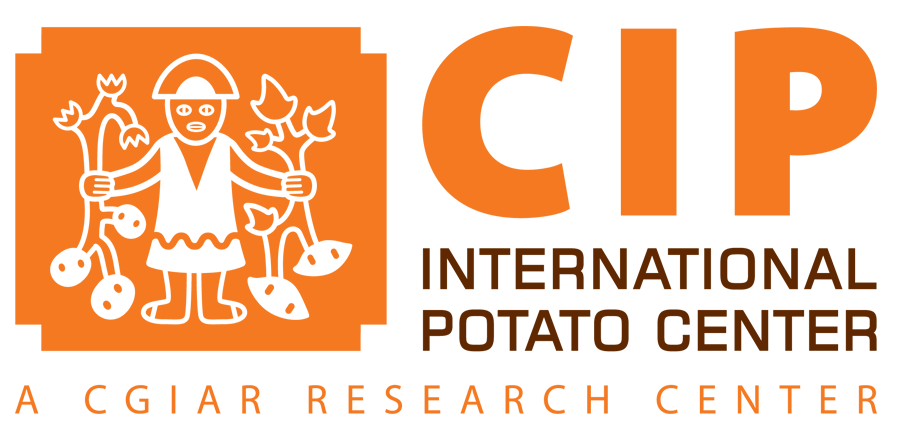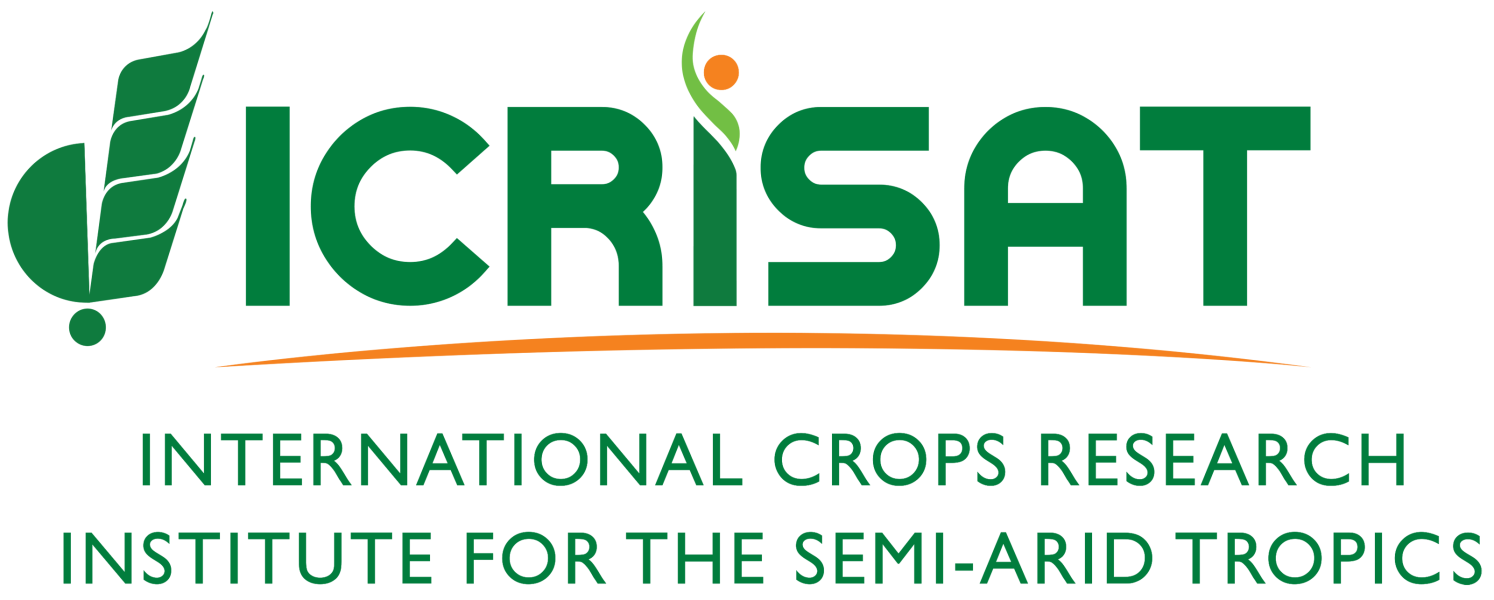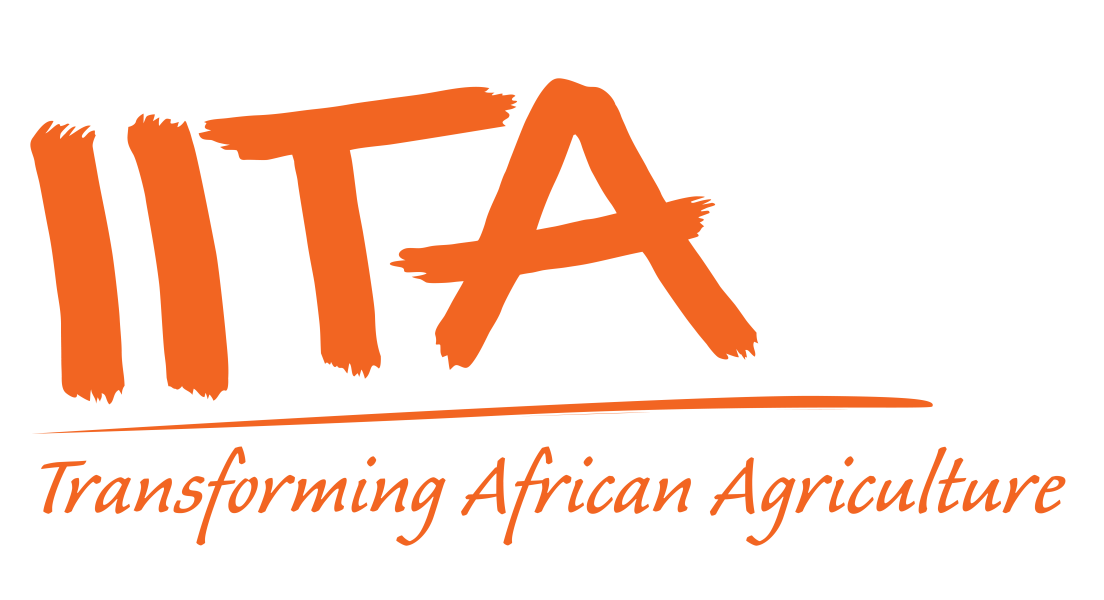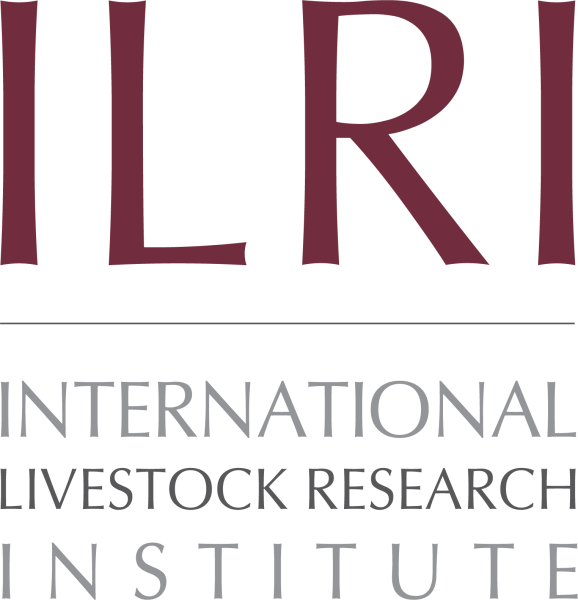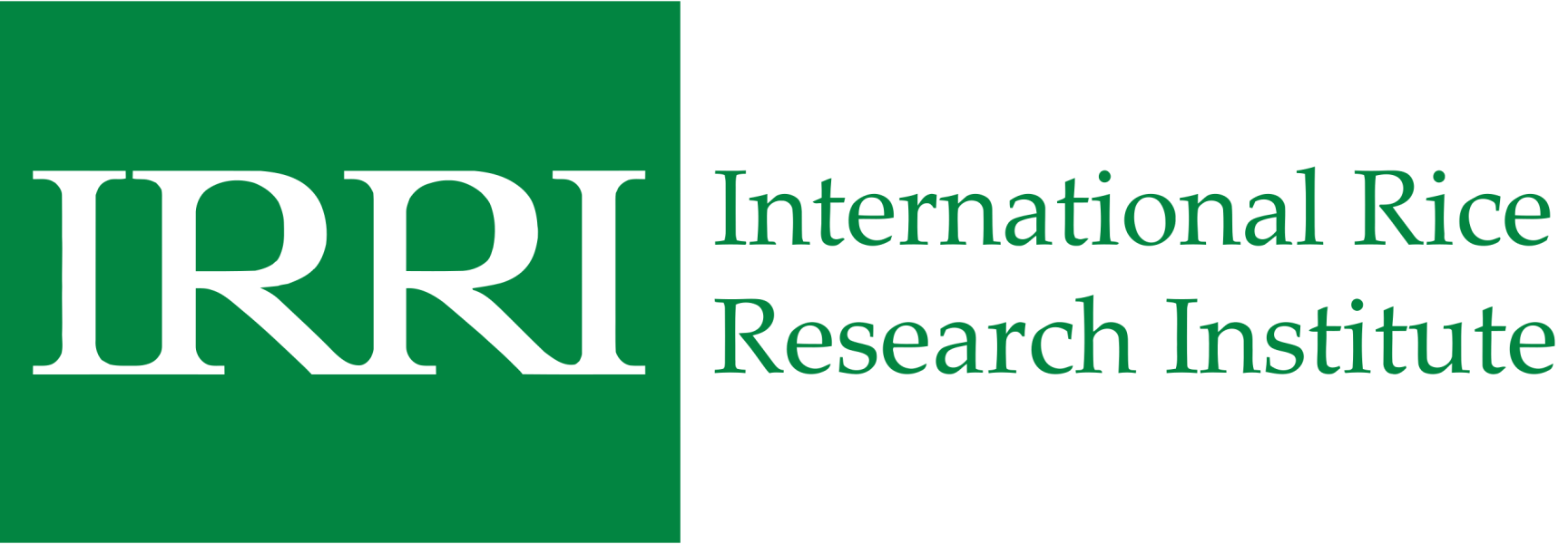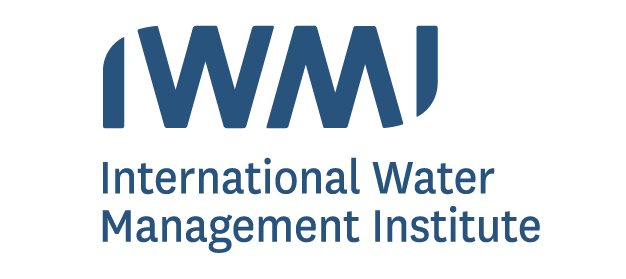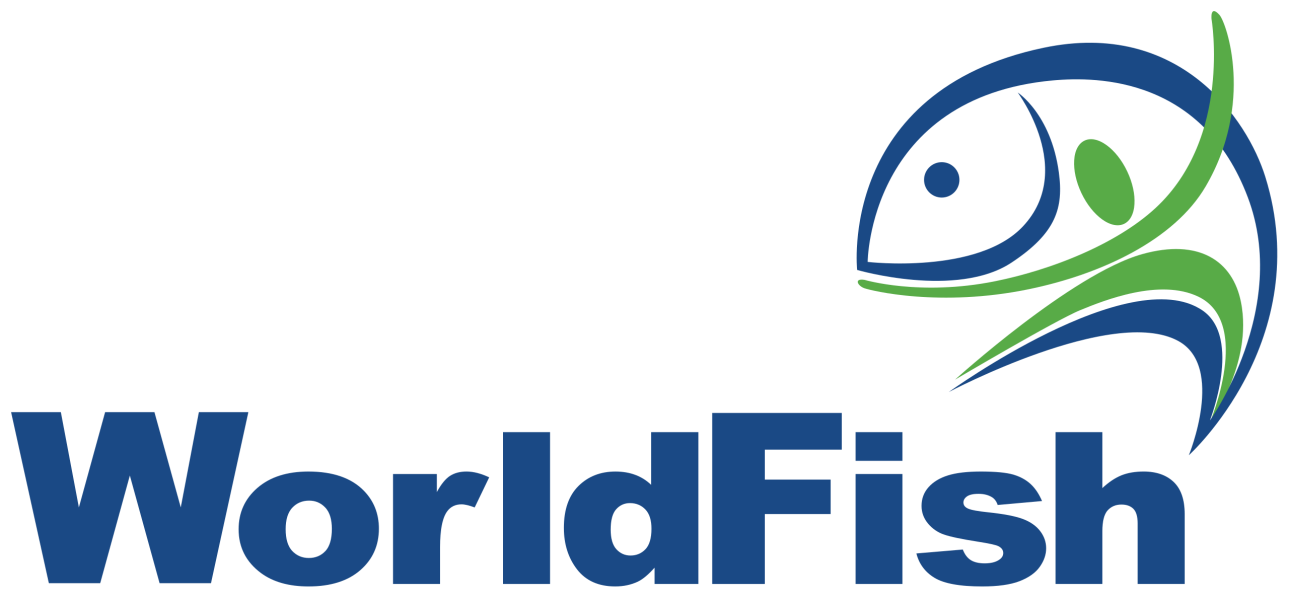Technical Reporting Arrangement
CGIAR delivered the following Technical Report products in 2023:
These Technical Report components were released as standalone products. The Type 1, Type 3 and Portfolio Narrative reports were released in PDF format only. The information contained in these Technical Report components have been integrated into the overall CGIAR Annual Report.
The 2023 Technical Report covers USD 343.4 million in funding (USD 322.6 million for Initiatives and Impact Platforms, and USD 20.8 million for Window 3 SGPs), representing 38 percent of total 2023 CGIAR funding (pooled and non-pooled) – up from 30 percent of total funding in 2022.
Reporting entities in 2023
The Technical Report fulfils the System-level programmatic reporting requirements set out in the Standard Provisions annexed to the Funding Agreement or Arrangement signed between each Funder and the System Organization (Per the Charter of the CGIAR System Organization, Article 11, ii, jj, and kk). The 2023 Technical Report includes the following Initiatives, Impact Platforms and SGPs (Science Group Project [SGPs] are new Center-specific awards looking to integrate holistic quality assurance and implementation processes that build on efficiencies and value-for-money approaches through One CGIAR Common Systems and Window 1 budgeting practices. They operate under an integrated structure by Science Group, following similar principles and processes to Initiatives, while recognizing the Centers’ role and responsibility for project delivery, compliance and fiduciary oversight):
- All 32 Initiatives
- Four Impact Platforms
- Gender Equality, Youth and Social Inclusion
- Environmental Health and Biodiversity
- Nutrition, Health and Food Security
- Climate Adaptation and Mitigation
- Two SGPs
- Accelerated Varietal Improvement and Seed Delivery of Legumes and dryland Cereals in Africa (AVISA)
- Roots Tubers and Banana (RTB) Breeding
The 2023 Technical Report does not include the following:
- One Impact Platform
- Poverty Reduction, Livelihoods and Jobs
- Reason for not reporting this year: Impact Platform Director appointed in September 2023.
- It is not currently realistic for reporting entities set up in Q3 or Q4 to report that same year.
- One SGP
- Accelerating Genetic Gain and Varietal Replacement in Rice- Phase 2 (AGGRi 2)
- Reason for not reporting this year: Grant agreement signed in October 2023.
- It is not currently realistic for reporting entities set up in Q3 or Q4 to report that same year.
2023 vs 2022 Technical Reporting approach
The 2023 Technical Reporting process and products are closely aligned to the 2022 approach. The 2022 Technical Reporting Learning and Optimization process identified lessons learnt from the first Technical Report for the 2022-2024 Portfolio and set out an action plan for improvements in future reporting cycles. Good progress has been made implementing those identified actions with almost all actions either completed or underway.
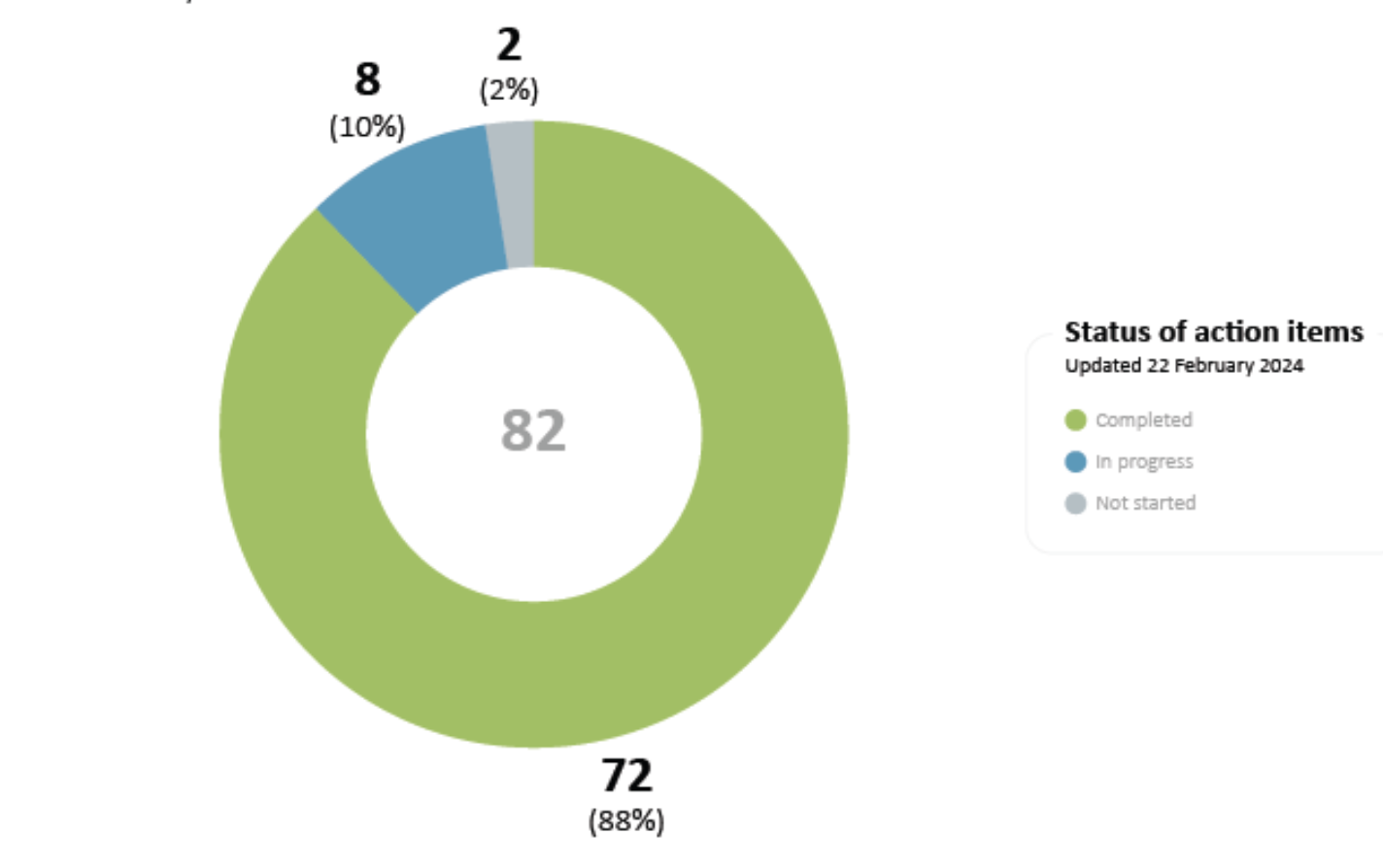
Figure 1. Implementation status of action items from the 2022 learning and optimization action plan.
Key Technical Reporting improvements made in 2023 include:
- Progress toward “Always on” Reporting. In 2022, reporting was only permitted within a defined window (December 2022 onwards). In 2023, the Performance and Results Management System (PRMS) was open for reporting from September 2023 onwards. This more than doubled the time the PRMS was open for reporting in 2023 compared to 2022, providing greater flexibility for Initiatives/Impact Platforms/SGPs, allowing them to adopt a reporting cadence that best suits their context.
- Quality assurance (QA) in batches. To spread the load and avoid maximum pressure on Initiatives/Impact Platforms/SGPs, Quality Assessors and third-party arbitrators, the QA process took place in batches. Two QA batches took place in 2023, and another two batches were conducted in 2024 (total of four batches).
- SGPs were integrated into the Technical Reporting process.
- A range of enhancements were made to the data collection process, such as the inclusion of per-result tagging for all five Impact Areas: Gender Equality, Youth and Social Inclusion; Environmental Health and Biodiversity; Nutrition, Health and Food Security; Climate Adaptation and Mitigation; Poverty Reduction, Livelihoods, and Jobs (in 2022 only Gender Equality, Youth and Social Inclusion and Climate Adaptation and Mitigation were included).
- Engagement and coordination with Science Groups increased significantly in 2023, including monthly engagement with Science Group Senior Program Managers, and bi-monthly Technical Reporting updates shared with Initiatives/Impact Platforms/SGPs. This allowed for greater flow of information, increased transparency, and in general made the Technical Reporting process much smoother overall.
Technical Reporting – the components
Technical Reporting is anchored in the delivery of the CGIAR 2022-2030 Research and Innovation Strategy through the activation of the CGIAR Performance and Results Management Framework (PRMF). It is defined in the CGIAR Technical Reporting Arrangement, co-developed by CGIAR and funders.
CGIAR Technical Reporting relies on the following key components to function:
- The CGIAR Results Framework and Standard Indicator Description Sheets: These provide a common set of result levels and result types that the vast majority of reported results fit within. The Standard Indicator Description Sheets provide further detail to guide the monitoring and reporting of results.
- The CGIAR Theory of Change (TOC) tool: All reporting entities use a common digital TOC tool with standard TOC rules, bringing more consistency among the different reporting entities.
- Innovation Packages and Scaling Readiness (IPSR): This provides a common, data-driven protocol to profile, package, and manage innovations to scale. IPSR underpins CGIAR’s Innovation Portfolio Management (IPM).
- Adaptive Management: A Report – Reflect – Re-plan adaptive management process has been baked into the delivery of Initiatives, Impact Platforms, and SGPs. This critical step allows teams to reflect on planned versus achieved progress, and propose adjustments for the following year’s delivery. The proposed adjustments and rationale are included in their respective Type 1 reports.
- Quality assurance: A team of Quality Assessors reviews key data points in the reported results against criteria to ensure quality.
- Performance and Results Management System (PRMS): All reporting entities use the CGIAR PRMS to report their results. The PRMS drives the Results Dashboard and delivers key components of the Type 1 reports.
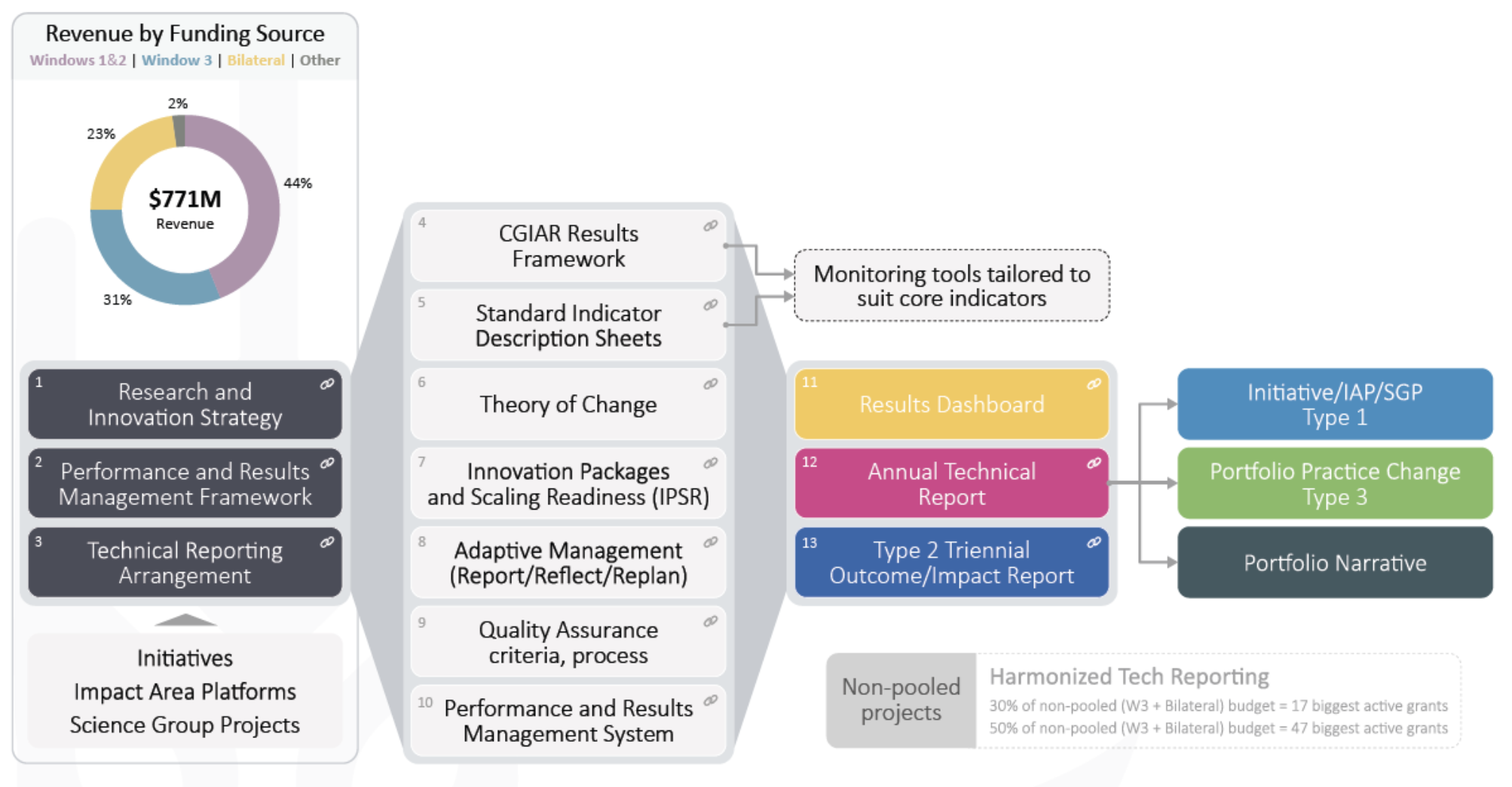
Figure 2. Overview of CGIAR’s Technical Reporting components.
- CGIAR 2030 Research and Innovation strategy
- Performance and Results Management Framework
- Technical Reporting Arrangements
- CGIAR Results Framework: March 2024 updated version
- Standard Indicator Description Sheets: Output level & Outcome level
- Theory of Change
- IPSR
- PRMS and TOC board
- Results Dashboard
- 2022 Annual Technical Reports
- Type 2 report outline
Capacity strengthening
To facilitate the production of the 2023 Technical Report and ensure the effective dissemination of the reported results via the CGIAR Results Dashboard, several information and training sessions were conducted. Over 1,100 participants attended these sessions, receiving comprehensive guidance and support on the use of the PRMS Reporting Tool, the QA process, the Type 1 report template, and Key Result Stories (KRS). These sessions served as both a refresher and integral components of the onboarding process for new Impact Platforms and SGPs.
Integration of Impact Platforms and Science Group Projects
SGPs: In June 2022, the CGIAR Senior Leadership Team (SLT) agreed on empowering the Global Science Groups with the effective implementation of Window 3 and bilateral work, aligning with funder preferences. Following alignment with the System Board (SB24) and the System Council (SC17), the SGP pilot was launched for 2023-2024. This initiative led to the inclusion of Centre-specific Window 3 SGP Awards as a reporting category within CGIAR common systems, alongside Window 1 budgeting and the Technical Reporting Arrangement.
In 2023, project design support was provided to participatory CGIAR Centers engaged in the pilot of the SGPs, ensuring integration of the projects into the PRMF through the utilization of the SGP Project Alignment Checklist and Project Charter. The onboarding process involved the adoption of the standard CGIAR Type 1 reporting template and PRMS, along with the development of SGP budgets adhering to CGIAR’s standard budget format, facilitating the integration of project financial data into financial reporting dashboards.
By the conclusion of 2023, three out of five SGP pilot projects were approved for Window 3 funding securing a total of USD 57 million. Implementation of two SGPs – AVISA and RTB – commenced in the second quarter of 2023, with both projects submitting their first-year results using the PRMS Reporting Tool and Type 1 reports in accordance with CGIAR’s Technical Reporting Arrangement.
Impact Platforms: Three Impact Platforms –: (i) Nutrition, Health and Food Security; (ii) Climate Adaptation and Mitigation; and (iii) Environmental Health and Biodiversity commenced implementation in Q2 of 2023 and were provided onboarding support including development of the Platforms’ TOCs and results frameworks that culminated in their submission to their first-year results using the PRMS Reporting Tool and Type 1 reports in accordance with CGIAR’s Technical Reporting Arrangement.
Report/Reflect/Replan
The essence of Adaptive Management at CGIAR
The Reflect component stands as a transformative approach within CGIAR’s operations and is specifically tailored to ensure CGIAR’s Portfolio can thrive amid the agrifood sector’s ever- evolving challenges and opportunities. Launched in 2022 as part of the annual Report – Reflect – Re-plan cycle, it represents a shift toward dynamic and responsive strategy formulation for Initiatives, Impact Platforms and SGPs, based on well- informed collective lessons learned.
Reflect underscores CGIAR’s commitment to continuous improvement, foresight, and operational flexibility. This forward-thinking methodology facilitates the adjustment of plans, budgets and other resources and cultivates a culture of learning, collaboration, and engagement with key stakeholders such as partners and funders. Reflect represents a bridge between experience, research and strategic action, ensuring that CGIAR’s work is informed by past performances and aligned with the emerging needs and opportunities of global challenges and changing contexts.
Intended purpose of reflect
The Reflect process is primarily intended to empower Initiative/Impact Platform/SGP leaders by providing them with a clear, light touch process and mandate to recommend reallocation of resources between and within Work Packages for the year ahead, and to modify agreed plans within specified guardrails, to maximize their contribution to impact. This iterative process also offers several other benefits, such as providing funders and partners with evidence that Initiatives/Impact Platforms/SGPs are learning during delivery and using collective insights and intelligence to update plans and provide Science Group Managing Directors with a process to steer, review, and approve teams’ key recommendations for change, contributing to Portfolio coherence.
Today’s progress: Reflecting on achievements
In the journey toward refining Adaptive Management for CGIAR, we have seen significant progress, including its rapid adoption and positive feedback from Initiatives/Impact Platforms/SGPs on its contribution to enhancing their strategic agility.
To provide the best possible assistance to Initiatives/Impact Platforms/SGPs, CGIAR has enriched its support through updated Adaptive Management guidelines, refresher sessions for reporting entities, and robust peer-to-peer exchange forums, witnessing first-hand the different context-relevant strategies employed in Reflect sessions. These sessions, led by Initiatives/Impact Platforms/SGPs, allowed deep dives into the lessons learned in 2023 and are crucial for distilling collective wisdom and insights, directly contributing to the strategic depth of CGIAR’s Portfolio.
Ukama Ustawi hosted our second annual Plan & Reflect workshop. We invited 100 partners, our Community of Spirit, for a week in South Africa and Ethiopia. The opportunity to meet as a team and our closest partners has been incredibly beneficial to create a real value proposition in the region. It has allowed us to break down silos between Work Packages and countries as partners and teams met. The replanning process allowed us to really take stock – of what has worked and what we need to adjust – and actually make the required changes.”
- Ukama Ustawi Initiative (CGIAR Research Initiative on Diversification in East and Southern Africa)
We were able to assemble over 80 colleagues involved in various aspects of the Initiative for a detailed reporting, reflection and forecasting exercise in Viet Nam, one of our use case sites. We got valuable feedback from external parties (our External Advisory Committee, the Viet Nam government, and colleagues from the University of Wageningen’s Science of Scaling team), consultants, and team members. This informed changes on how we transition from our current use case model to a localized innovation ecosystem approach, strengthen our ability to validate innovations, and build greater accountability among Initiative members.”
- CGIAR Research Initiative on Excellence in Agronomy

